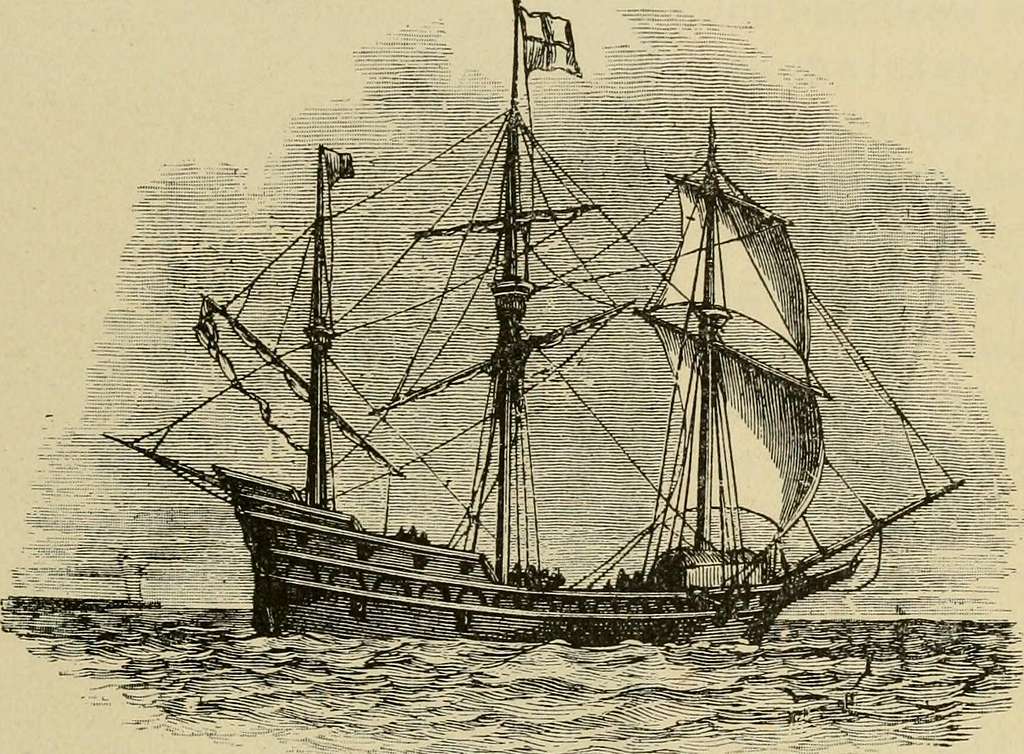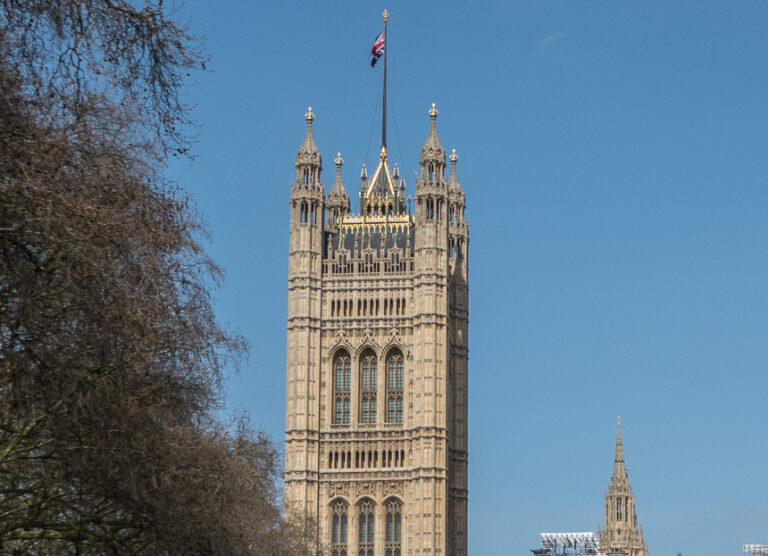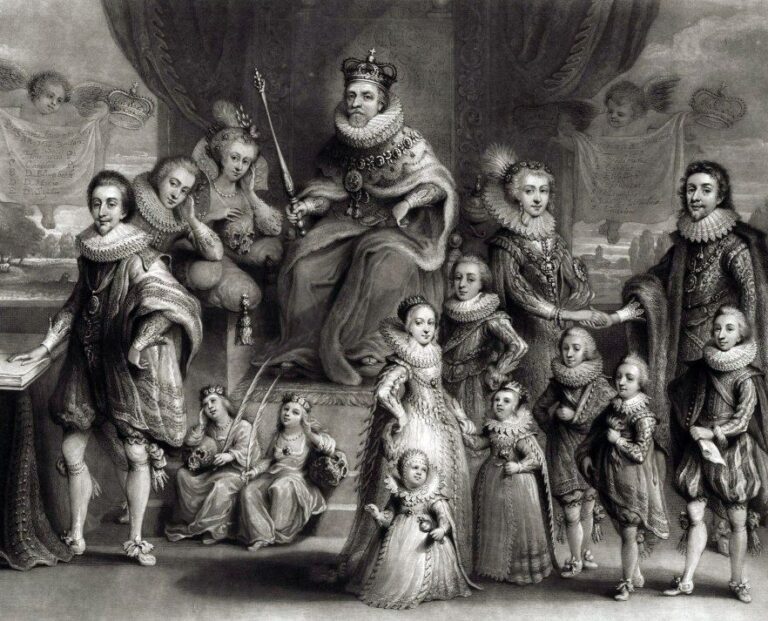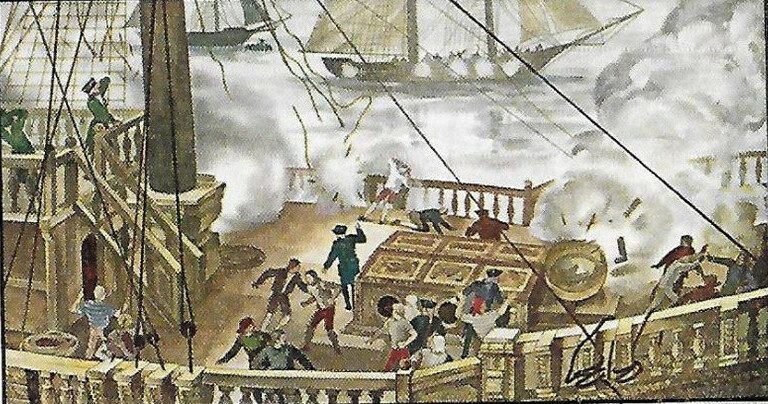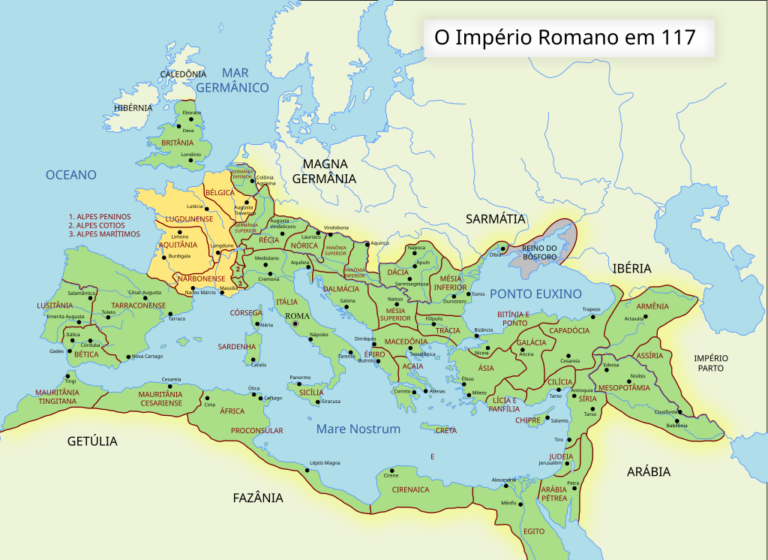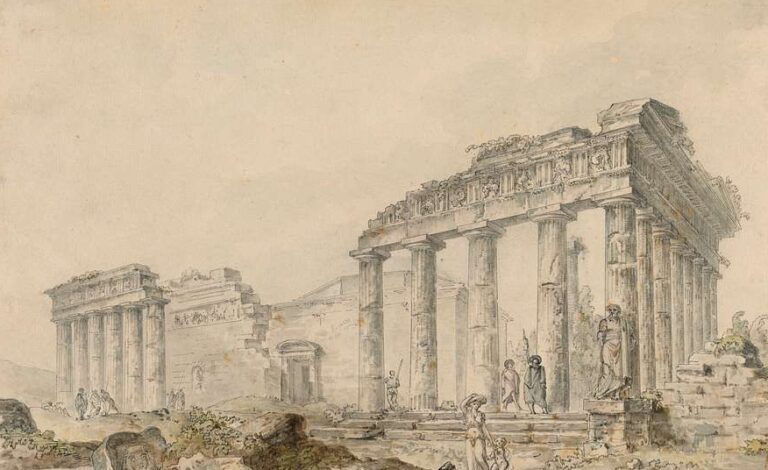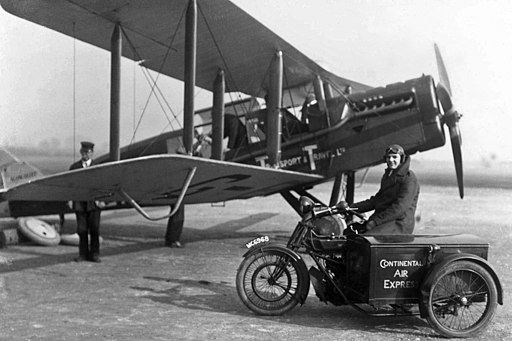Skip to content
Prehistoric Britain (up to 43 AD)
- Paleolithic and Mesolithic Eras:
- Early hunter-gatherer societies.
- Tools made from stone and early cave art evidence.
- Neolithic Era (4000–2000 BCE):
- Introduction of agriculture and permanent settlements.
- Monumental constructions like Stonehenge and Avebury.
- Bronze Age (c. 2500–800 BCE):
- Use of metal tools and weapons.
- Development of trade networks and social hierarchies.
- Iron Age (c. 800 BCE–43 AD):
- Dominance of Celtic tribes.
- Hill forts like Maiden Castle emerged as centers of power.
Roman Britain (43–410 AD)
- Conquest of Britain by the Roman Empire under Emperor Claudius in 43 AD.
- Development of cities like Londinium (London), roads, and Hadrian’s Wall.
- Introduction of Christianity toward the end of Roman rule.
Early Medieval Period (410–1066)
- Anglo-Saxon Britain (5th–11th centuries):
- Migration of Angles, Saxons, and Jutes after Roman withdrawal.
- Creation of small kingdoms like Wessex, Mercia, and Northumbria.
- Spread of Christianity under figures like St. Augustine of Canterbury (597 AD).
- Viking Age (8th–11th centuries):
- Viking raids and settlements in the Danelaw (northern and eastern England).
- King Alfred the Great (Wessex) resisted Viking invasions and unified parts of England.
Norman Conquest and the High Middle Ages (1066–1485)
- Norman Conquest (1066):
- William the Conqueror defeated Harold II at the Battle of Hastings.
- Establishment of feudalism and construction of castles.
- Plantagenet Dynasty:
- Magna Carta (1215): Limited royal power and laid the foundation for constitutional governance.
- Conflicts like the Hundred Years’ War (1337–1453) with France.
- Black Death (1347–1351): Severe plague that killed a third of the population.
The Tudor Period (1485–1603)
- Henry VII (1485–1509):
- Ended the Wars of the Roses; founded the Tudor dynasty.
- Henry VIII (1509–1547):
- Break with the Catholic Church and establishment of the Church of England (English Reformation).
- Dissolution of monasteries.
- Elizabeth I (1558–1603):
- Defeat of the Spanish Armada (1588).
- Flourishing of English culture during the Elizabethan Era, including Shakespeare.
The Stuart Period and Civil War (1603–1714)
- Union of the Crowns (1603):
- James VI of Scotland became James I of England, uniting the crowns of England and Scotland.
- English Civil War (1642–1651):
- Conflict between Royalists and Parliamentarians over governance.
- Execution of Charles I (1649) and establishment of the Commonwealth under Oliver Cromwell.
- The Glorious Revolution (1688):
- Overthrow of James II and establishment of a constitutional monarchy under William and Mary.
18th Century: Expansion and Enlightenment
- Union of England and Scotland (1707) to form Great Britain.
- Growth of the British Empire through trade and colonization.
- Industrial and agricultural revolutions began, transforming the economy and society.
19th Century: The Victorian Era (1837–1901)
- Reign of Queen Victoria, marking a period of industrial growth and empire-building.
- Britain became the “workshop of the world” during the Industrial Revolution.
- Reforms in education, voting rights, and labor laws improved living conditions.
20th Century
- World Wars:
- Major role in both World War I and World War II.
- Loss of global dominance after WWII and decolonization of the empire.
- Post-War Era:
- Formation of the Welfare State (National Health Service, 1948).
- Transition to a more multicultural society due to post-war migration.
21st Century
- Continued development as a global cultural and financial hub.
- Debates over the UK’s role in the European Union, culminating in Brexit (2020).
